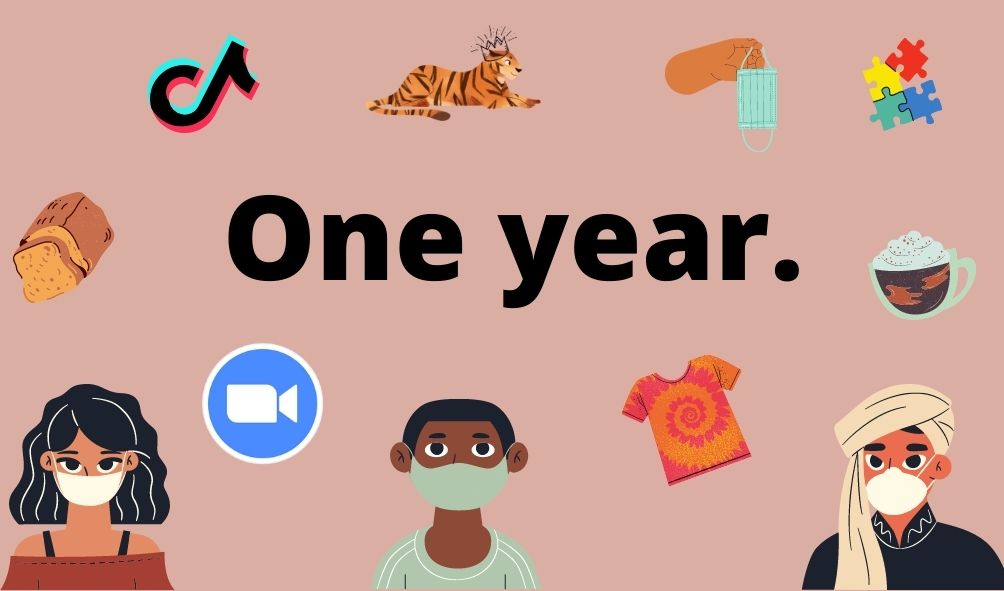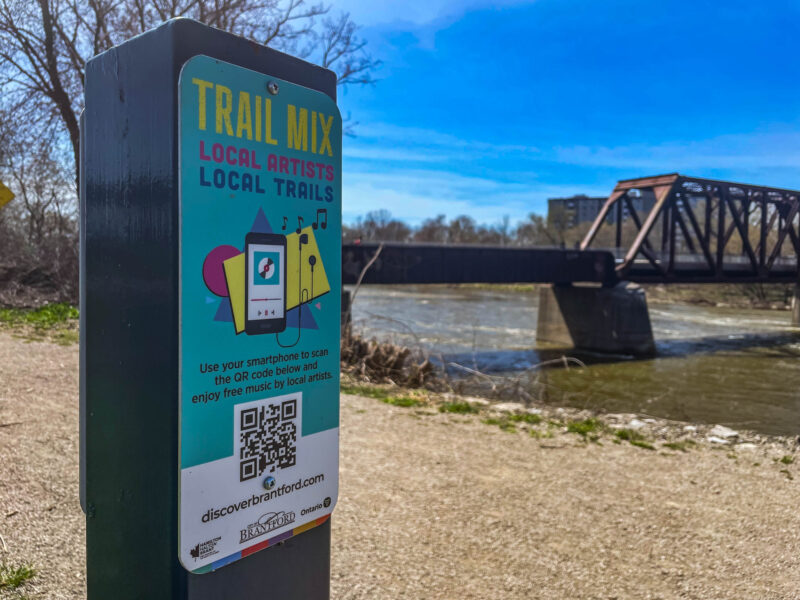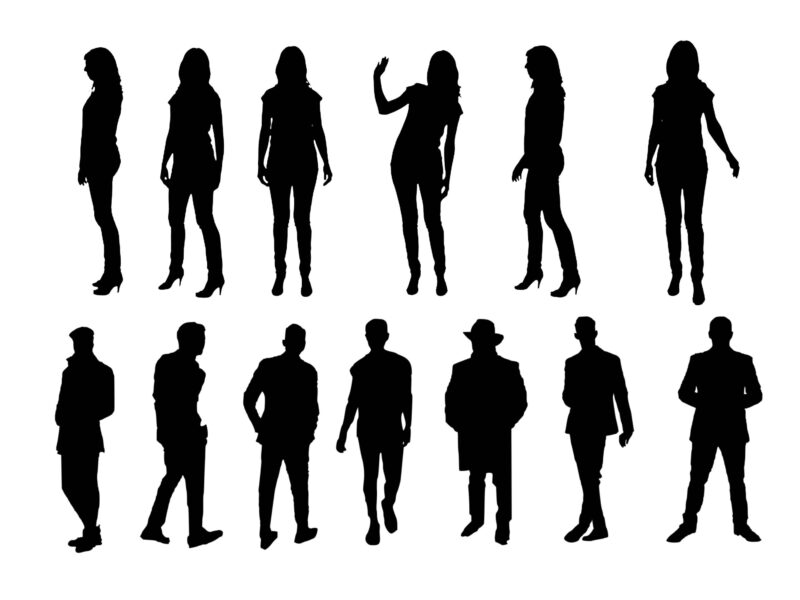GRAPHIC BY NATASHA O’NEILL / THE SPUTNIK PHOTOGRAPHY
A year ago, on March 11, 2020, the World Health Organization (WHO) declared a global pandemic.
Students remember hearing their email notifications going off later that week on the 13 from the school, ending in-person classes. We now know that this was the start of our whole world turning upside down.
Initially many students claim that they did not understand the gravity of the situation and were excited to have a break from lectures.
Love Jegbe, a Laurier Brantford student, remembers being nonchalant about it at first.
“Honestly, at first I didn’t care so much because the semester was practically done, and like most students I thought it was only going to be for that semester,” said Jegbe.
Jegbe said she used to think she would never take an online class, which in retrospect is ironic.
Cate Palm, Health Science Student Association (HSSA) vice president of operations, remembers being envious of students in other universities who originally had assignments and exams cancelled.
“Initially, my life didn’t change, all my midterms proceeded as usual […] I didn’t have time to feel anything other than an initial shock and frustration that my schooling didn’t change because my brother, who is at Queens, had a week off,” said Palm.

MEME CREATED BY SHARNA EMRITH (PHOTOS FROM DESIREE NAVARRO & BETTY HAOOY HOUR SHOW)
Other students, like Ahad Naim, had a lot of anxiety.
“I didn’t know what was next, […] my professors stopped lecturing and just uploaded slides, which didn’t help,” said Naim.
With the added stress of the pandemic some students’ anxiety raised.
“I was relieved because my exams were going to be online. But also I had extreme anxiety about COVID-19 in general and would panic more than I usually would about assignments,” said Rachel Raychill, a Laurier Brantford student.
After a year of social distancing, on and off lockdowns, Zoom lectures, and remote work, some students have been able to thrive and find humour in the situation.
“I think everyone always says these are unprecedented times […], but I’ve been able to build myself a daily normal in terms of online school,” said Palm.
If students had a dollar for every time they heard the term “unprecedented times,” they would not need financial aid anymore.
Despite finding her footing amid constant change, Palm admits that there are aspects of the pandemic that have hindered her life.
“I can handle online school, the worst part for me is not being able to see my friends and even when I follow social distancing guidelines, […] I feel immense guilt about seeing my friends,” said Palm.
Others are also struggling with online lectures and social distancing regulations.
“I don’t focus much in lectures and social distancing is needed but annoying and odd,” said Naim.
Raychill explains that COVID-19 and the changes to her schooling has negatively affected her pre-existing mental health issues.
“I have started to become anxious to leave the house because I have been inside for so long. I had to go from three classes to two recently because I cannot focus. Prior to COVID-19 I was a high achieving student,” she said.
Raychill is not alone, many other students are struggling with their mental health and finding their routine.
Raychill finds it hard to motivate herself to do everyday tasks, such as making a healthy breakfast.
“The school can help motivate us by giving out mini awards or cute certificates to students who show themselves eating breakfast, or attend all their classes,” said Raychill.
The lockdown was not all bad as it created some notable trends like TikTok coffee, tie dye clothes or Instagram live concerts.
“I really did not like the whipped coffee […] but I liked all of the TikTok dances and celebrities going live or performing over Instagram,” said Palm.
Niam said that his favourite trend coming from lockdown was LED strip lights.
Other than TikTok lights, Niam thinks that he is also coming out of COVID-19 a better person.
“I definitely learned how to be more resilient and use music to be more productive,” he said.
Other students have learned important life skills through COVID-19, such as mental health or self care strategies.
“Take it day by day, try and get away from your computer every once and a while and accept help when you need it or when it’s offered to you,” said Palm.




